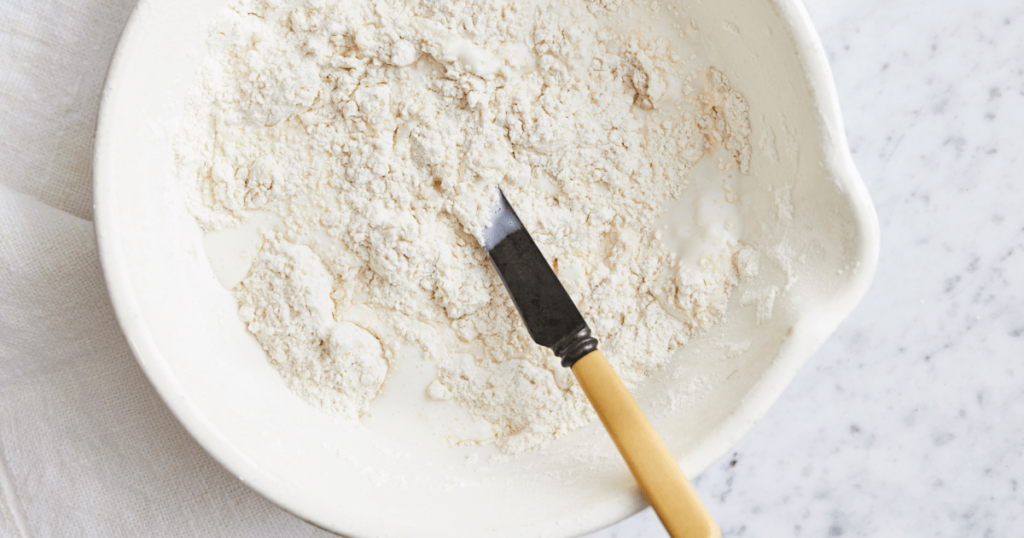ADVERTISEMENT
ADVERTISEMENT
In this fast-paced world, where convenience often takes precedence over health, it is crucial to be mindful of what we eat. Consuming a balanced diet that includes foods rich in antioxidants, phytochemicals, and other bioactive compounds can be beneficial for overall well-being, including reducing the risk of cancer. Let’s delve into seven foods that have shown promise in combating cancer.
ADVERTISEMENT

ADVERTISEMENT
Garlic has been used for centuries for its culinary and medicinal properties. Research suggests that compounds found in garlic, such as allicin, have the potential to inhibit the growth of cancer cells and reduce the risk of various types of cancer, including colorectal and stomach cancer. Including garlic in your diet, whether raw or cooked, can be a flavorful way to potentially ward off cancer.
Cruciferous Vegetables: A Crucial Defense
Cruciferous vegetables like broccoli, cauliflower, kale, and Brussels sprouts are rich in nutrients and contain compounds known as glucosinolates. When these vegetables are chopped or chewed, glucosinolates are broken down into biologically active compounds that have been shown to have anti-cancer effects. Regular consumption of cruciferous vegetables has been associated with a reduced risk of lung, colorectal, and prostate cancers.
Berries: The Colorful Cancer Fighters
Berries, such as strawberries, blueberries, and raspberries, are not only delicious but also packed with antioxidants and other beneficial compounds. These vibrant fruits contain flavonoids, which have been shown to possess anti-cancer properties. Studies have indicated that regular berry consumption may help inhibit the growth of cancer cells and reduce the risk of certain cancers, including breast and colorectal cancer.
Green Tea: A Cup of Prevention
Green tea is a popular beverage consumed by millions worldwide. It is rich in polyphenols, which are powerful antioxidants. Epigallocatechin gallate (EGCG), a specific polyphenol found in green tea, has shown promising anti-cancer effects in numerous studies. Regular consumption of green tea has been associated with a reduced risk of breast, prostate, and colorectal cancers.
Turmeric: The Golden Spice Against Cancer
Turmeric is a bright yellow spice commonly used in Indian cuisine. It contains an active compound called curcumin, which has potent anti-inflammatory and antioxidant properties. Curcumin has been extensively studied for its potential role in preventing and treating various types of cancer. Its ability to inhibit cancer cell growth, induce apoptosis (cell death), and reduce inflammation makes it a valuable addition to an anti-cancer diet.
Tomatoes: A Juicy Defense Mechanism
Tomatoes are not only a versatile ingredient in many dishes but also a source of lycopene, a powerful antioxidant. Lycopene has been linked to a lower risk of several types of cancer, including prostate, lung, and stomach cancers. Cooking tomatoes enhances the bioavailability of lycopene, so incorporating tomato-based sauces, soups, or salsas into your meals can be an excellent way to reap the benefits.
Nuts and Seeds: Tiny Powerhouses
Nuts and seeds, such as almonds, walnuts, flaxseeds, and chia seeds, are packed with nutrients, healthy fats, and fiber. They also contain compounds like lignans and ellagic acid, which have shown potential in preventing and fighting cancer. Regular consumption of nuts and seeds has been associated with a reduced risk of breast, colorectal, and pancreatic cancers.
Conclusion
While no single food can guarantee protection against cancer, incorporating a variety of nutrient-rich foods into your diet can contribute to overall health and potentially lower the risk of developing cancer. Garlic, cruciferous vegetables, berries, green tea, turmeric, tomatoes, nuts, and seeds are just a few examples of foods that have demonstrated anti-cancer properties. By embracing a balanced diet that includes these foods, you can take a proactive step towards promoting your well-being.
FAQs (Frequently Asked Questions)
- Are these foods a cure for cancer? While these foods show promise in reducing the risk of cancer, they are not a cure for the disease. It is essential to maintain a healthy lifestyle, including a balanced diet, regular exercise, and medical screenings.
- Can I rely solely on these foods to prevent cancer? No, a comprehensive approach to cancer prevention involves multiple factors, including a balanced diet, physical activity, avoiding tobacco and excessive alcohol consumption, and regular medical check-ups.
- How should I incorporate these foods into my diet? It is recommended to consume a variety of fruits, vegetables, whole grains, lean proteins, and healthy fats. Try incorporating these anti-cancer foods into your meals by adding garlic to your stir-fries, including cruciferous vegetables in salads or stir-fries, enjoying a bowl of mixed berries as a snack, sipping on green tea, adding turmeric to curries, incorporating tomatoes into sauces, and sprinkling nuts and seeds on salads or oatmeal.
- Can these foods be harmful in any way? While these foods are generally safe and healthy, it is essential to be mindful of individual allergies or sensitivities. If you have any specific health conditions or concerns, it is advisable to consult with a healthcare professional.
- Are there any other foods that can help prevent cancer? Yes, there are numerous other foods that have shown potential in cancer prevention, including dark leafy greens, citrus fruits, whole grains, legumes, and fatty fish. Incorporating a wide variety of nutrient-dense foods into your diet is key for overall health.


